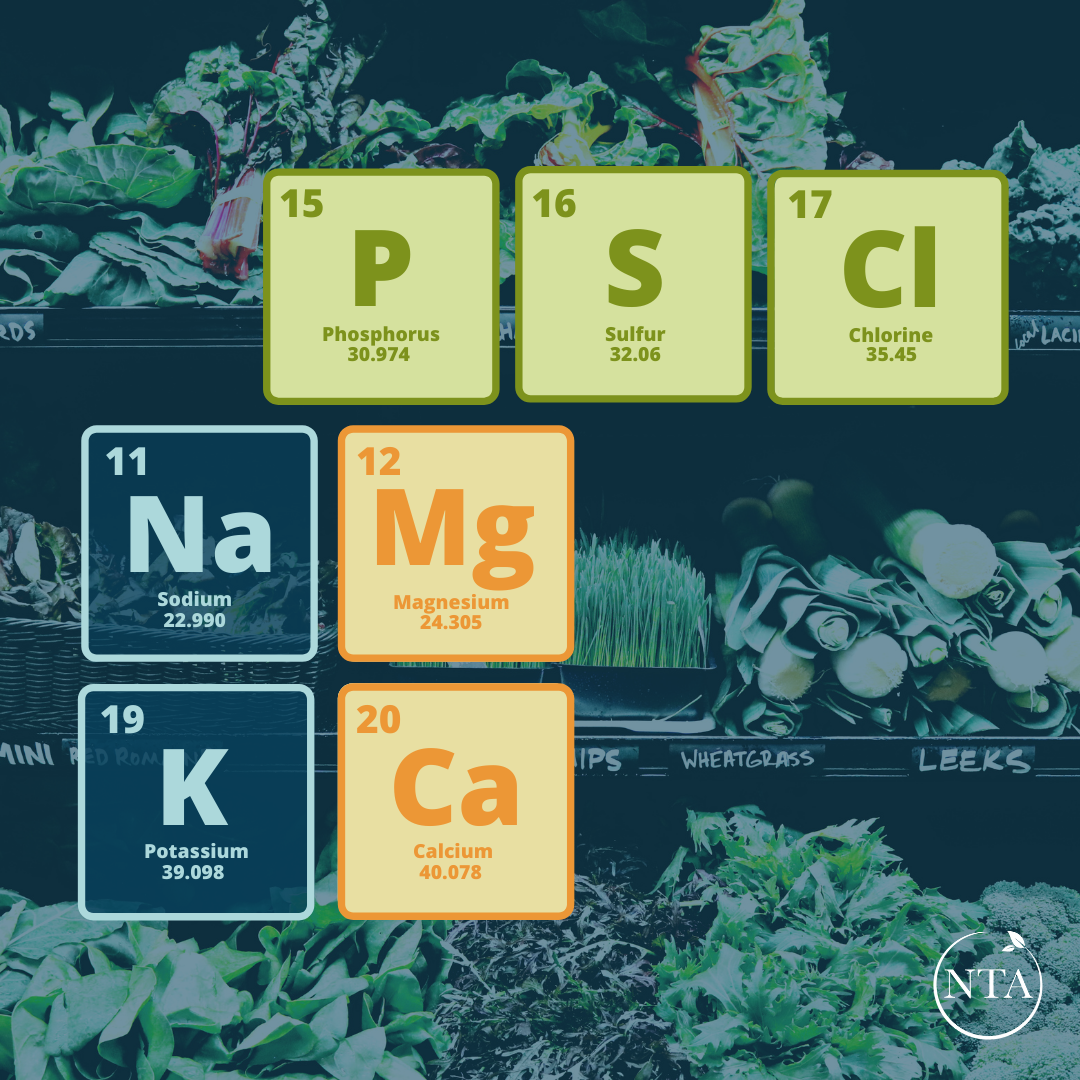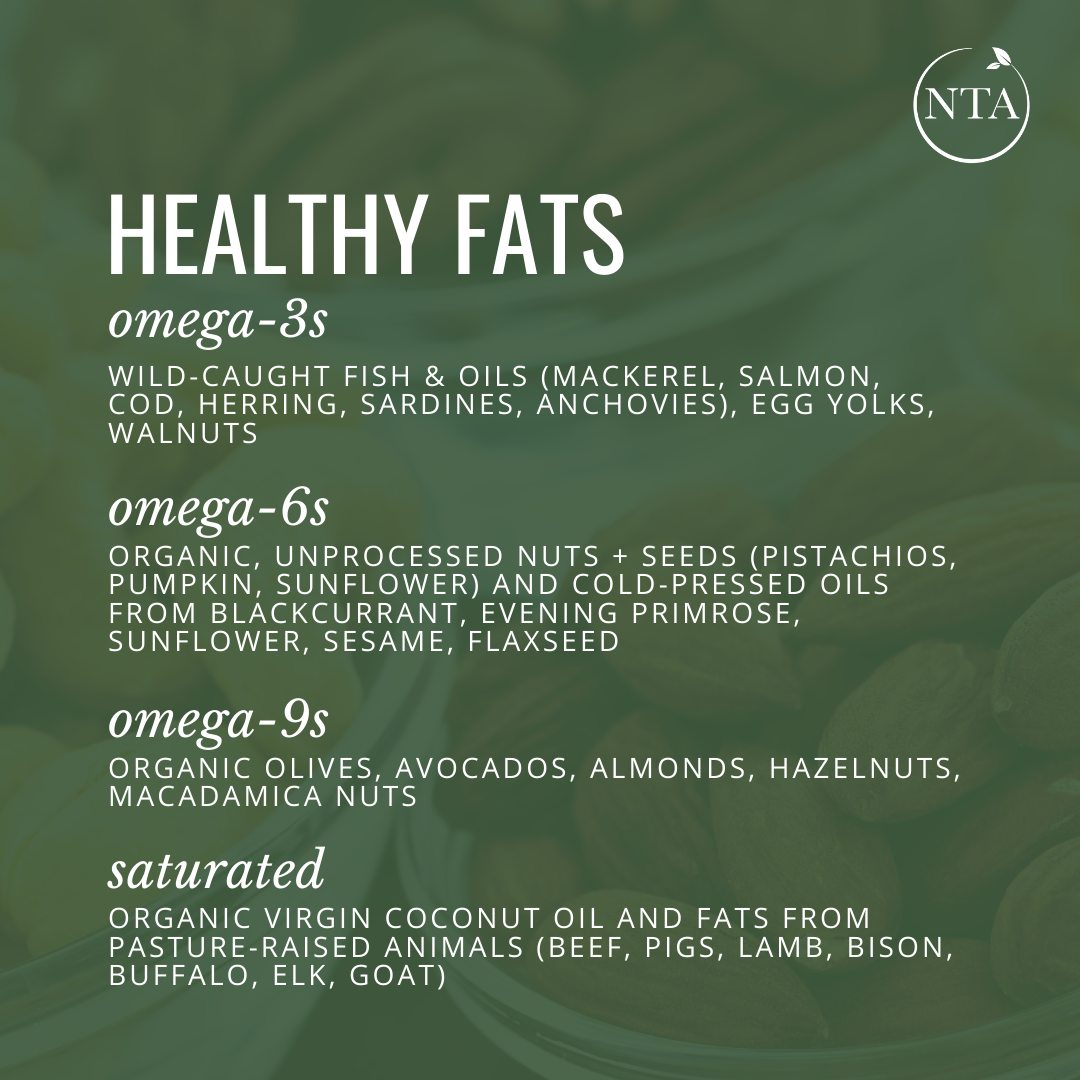
What Are Micronutrients?
Blog
What Are Micronutrients?

What is a nutrient?
Nutrients are the chemical substances we need to sustain life. We need nutrients to function! That’s why there’s a whole field dedicated to them (ahem, nutrition). In case you haven’t noticed, we tend to think nutrition is pretty important around here.
Nutrients can be broken down into three main categories: water (which we discuss here), macronutrients (which we discussed above), and (drum roll, please) micronutrients.
What Are Micronutrients?
Key Micronutrients
- Vitamin A
- B Vitamins: Vitamin B₁, Vitamin B₃, Vitamin B₅, Vitamin B₆, Vitamin B₇, Vitamin B₉, Vitamin B₁₂
- Vitamin C
- Vitamin D (when sun exposure is scarce)
- Vitamin E
- Vitamin K1 and K2

Many minerals are beneficial, but here are 7 essential minerals we need a relatively large amount of to keep our bodies functioning properly:
- Calcium
- Chloride
- Magnesium
- Sodium
- Sulfur
- Phosphorous
- Potassium
Where to get Micronutrients
Micronutrients and the other nutrients work synergistically with one another, not in isolation. For example, vitamins A, D, E, and K are fat-soluble, which means they can only be absorbed when there is sufficient dietary fat. Luckily, fat-soluble vitamins are often found in nature in foods that are also a source of fat.
The best way to get sufficient microminerals is to eat a diet that includes whole foods from plants and animals. Ideally, you would also eat a variety of diverse whole foods to ensure you’re getting all the key vitamins and minerals.
Small but Mighty
Macronutrients get a lot of glory for fueling our bodies, and while they are vital, vitamins and minerals are just as important to be aware of. Micronutrients are just another reason why a nutrient-dense, whole foods diet is incredibly beneficial.
During this call, you’ll explore and learn:
- How to create a rewarding career in holistic nutrition that will give you the confidence and competence to replace your full-time income (whether you’re new to nutrition or or using it to enhance your current services)
- How our unmatched education and instructor support sets our NTP program apart from other nutrition programs
- How graduates are successfully using their education and the many career opportunities available to you
- If the NTP program is the right fit for you and how to move forward in financing your education








